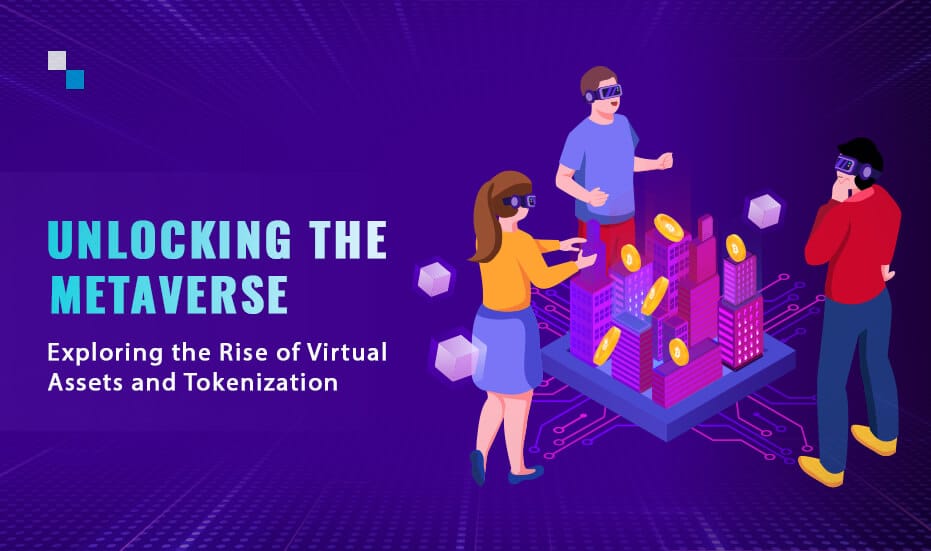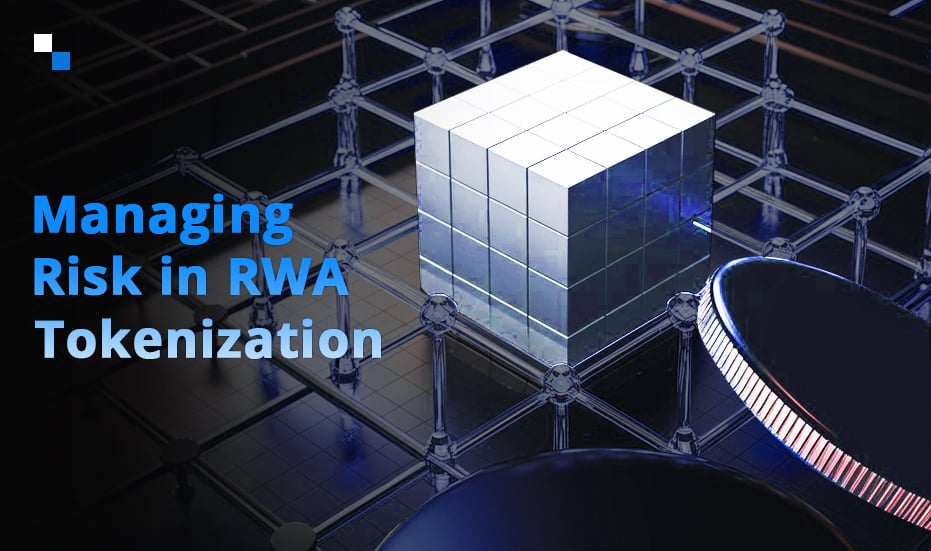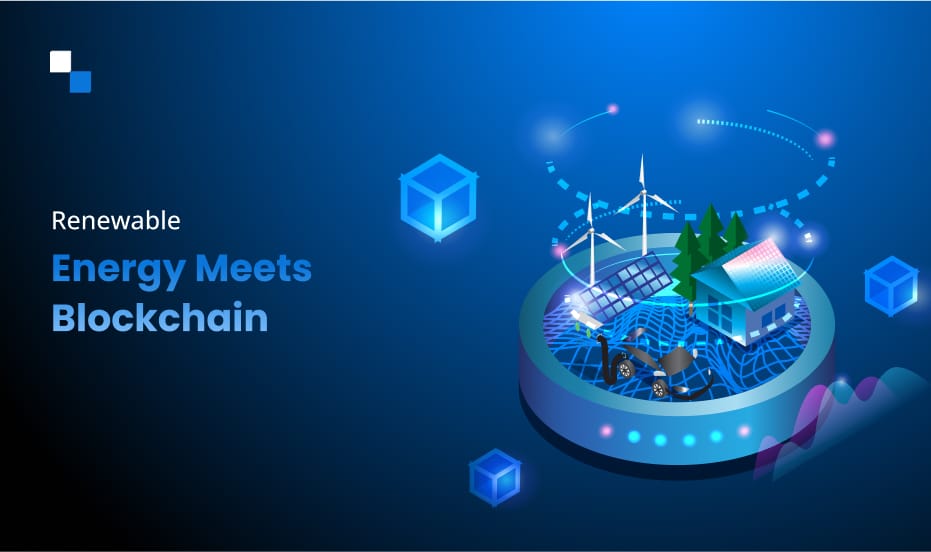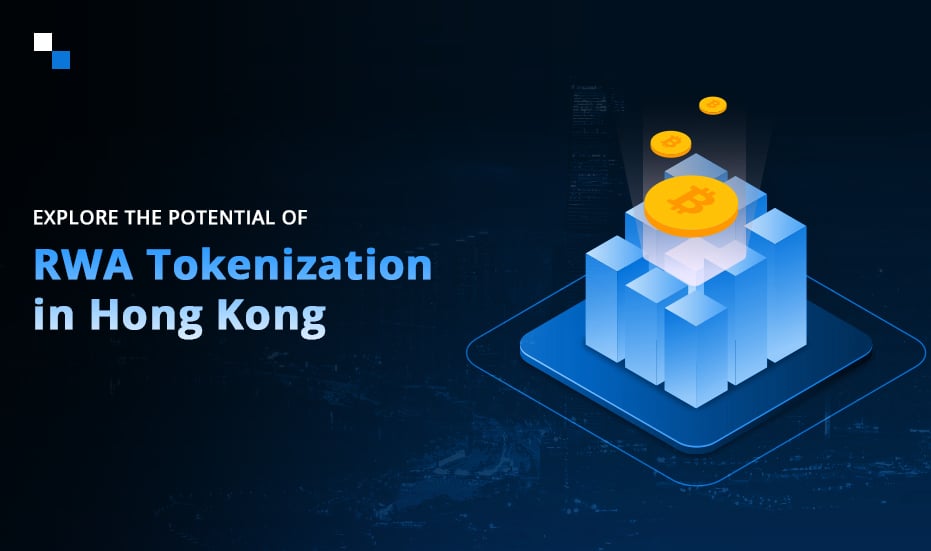
Estimating ICO Development Costs: Factors to Consider
July 6, 2023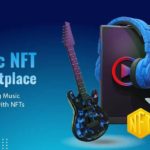
Explore Music NFT Marketplaces- Define the Future of Music Ownership
July 11, 2023The concept of the metaverse, a virtual world where users can interact, create, and trade, is rapidly gaining momentum. As virtual worlds expand and become more immersive, the tokenization of virtual assets is emerging as a significant trend. This blog explores the growth of the metaverse and its intersection with the tokenization of virtual assets, offering insights into the potential impacts on various industries and the broader digital landscape.
The Metaverse: A New Digital Frontier
The metaverse refers to a collective virtual shared space that encompasses augmented reality (AR), virtual reality (VR), and the internet. It provides users with an immersive and interactive environment, blurring the boundaries between the physical and digital worlds. In the metaverse, users can engage in social interactions, explore virtual landscapes, create and trade virtual assets, and participate in a wide range of activities.
Tokenization: Transforming Virtual Assets into Digital Tokens
Tokenization involves converting real-world or virtual assets into digital tokens on a blockchain. In the context of the metaverse, tokenization enables the representation of virtual assets, such as virtual real estate, digital art, in-game items, and virtual currencies, as unique and tradable tokens. These tokens have ownership rights, scarcity, and provable authenticity, making them valuable digital assets within the metaverse ecosystem. Tokenization Platform Development has opened the door to opportunities in this space.
Key Benefits of Asset Tokenization with Respect to Metaverse
Asset tokenization in the metaverse revolutionizes the concept of value and ownership. It grants users true digital ownership, promotes economic opportunities, fosters creativity, and establishes transparent and efficient marketplaces. As the metaverse continues to evolve, asset tokenization will play an increasingly vital role in shaping the virtual economy and empowering participants within this immersive digital realm.
By representing virtual assets as digital tokens on a blockchain, tokenization offers several key benefits that empower users and creators in the virtual realm:
Transparent Ownership
Tokenization Platform Development Services provides a transparent and immutable record of ownership for virtual assets. Through blockchain technology, ownership rights are securely recorded and verifiable, eliminating disputes and ensuring that users have full control over their digital possessions. This transparency fosters trust and enables the seamless transfer of ownership between users.
Interoperability and Portability
Tokenization enables interoperability between different metaverse platforms and virtual worlds. Digital tokens can be transferred and utilized across various platforms, allowing users to leverage their assets in different environments. This portability enhances the utility and value of virtual assets, as they are not restricted to a single metaverse or ecosystem.
Fractional Ownership and Investment
Virtual asset tokenization allows for fractional ownership of virtual assets. By dividing an asset into smaller tokens, multiple individuals can own a portion of the asset, unlocking investment opportunities within the metaverse. Fractional ownership enables users to invest in high-value assets such as virtual real estate, artwork, or in-game items, even if they don’t have the means to acquire the entire asset.

Marketplaces and Trading
Tokenization facilitates the creation of decentralized marketplaces within the metaverse. These platforms enable users to buy, sell, and trade virtual assets with ease. Through tokenization, users can directly engage in peer-to-peer transactions, eliminating the need for intermediaries and reducing transaction costs. This vibrant marketplace ecosystem stimulates economic activity and allows creators to monetize their digital creations.
Digital Collectibles and Scarcity
Tokenization Platform Development, particularly in the form of non-fungible tokens (NFTs), has popularized the concept of digital collectibles within the metaverse. NFTs represent unique assets, such as virtual artwork, virtual fashion items, or limited-edition in-game items. Tokenization provides digital collectibles with provable scarcity and authenticity, making them highly desirable for collectors. The ability to trade and prove ownership of rare virtual assets has given rise to a thriving market for digital collectibles.
Royalties and Intellectual Property Rights
Virtual asset tokenization enables creators to retain ownership and control over their virtual assets, even after they have been sold or traded. Smart contracts embedded within tokens can enforce royalty mechanisms, allowing creators to earn a percentage of future transactions involving their assets. This empowers creators and ensures they can continue to benefit from their creations as they gain popularity within the metaverse.
Impacts of Metaverse and Tokenization on Various Industries
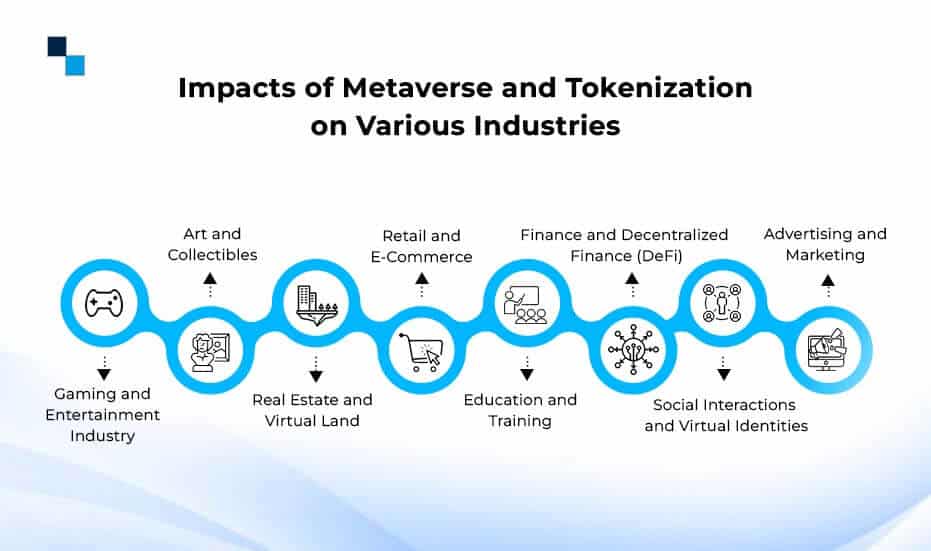
The growth of the metaverse and the tokenization of virtual assets have far-reaching impacts on various industries and the broader digital landscape.
Gaming and Entertainment Industry
The gaming industry has been at the forefront of the metaverse revolution. The integration of metaverse gaming and tokenization enhances the gaming experience by allowing players to truly own and trade in-game items. This fosters a vibrant economy within virtual worlds, where players can monetize their skills and assets. Additionally, the entertainment industry can leverage the metaverse to create immersive virtual experiences, such as concerts, festivals, and live events, reaching a global audience.
Art and Collectibles
The art world has witnessed a significant transformation with the advent of NFTs. Tokenization allows artists to tokenize and sell their digital artworks directly to collectors, bypassing traditional intermediaries. This creates new opportunities for artists to monetize their work and reach a global audience. Tokenization also extends to other collectibles, such as virtual trading cards, virtual fashion items, and limited-edition digital assets, creating a digital marketplace for rare and unique items.
Real Estate and Virtual Land
Tokenization in virtual real estate represents a significant opportunity within the metaverse. Tokenization enables the buying, selling, and development of virtual land, creating a digital real estate market. Virtual land can be used for various purposes, including virtual businesses, events, and social interactions. As the metaverse expands, virtual real estate may hold substantial value, similar to physical real estate in the physical world.
Retail and E-Commerce
The metaverse opens up new possibilities for retail and e-commerce. Virtual storefronts can be created within the metaverse, allowing businesses to sell digital and physical goods directly to users. Tokenization enables the creation of virtual currencies and loyalty programs, promoting user engagement and driving sales. Additionally, brands can collaborate with virtual influencers and create immersive virtual experiences to connect with consumers in new and exciting ways.
Education and Training
The metaverse offers immense potential for education and training. Virtual classrooms, training simulations, and immersive learning experiences can be created within the metaverse, enhancing traditional education models. Tokenization allows for the creation and distribution of educational content, certifications, and digital credentials, providing verifiable proof of achievement.
Finance and Decentralized Finance (DeFi)
Tokenization Platform Development Services have significant implications for the financial sector. Virtual assets can be used as collateral for loans, enabling decentralized lending and borrowing within the metaverse. Additionally, decentralized finance (DeFi) applications can leverage tokenized assets to provide various financial services, such as decentralized exchanges, liquidity pools, and yield farming.
Social Interactions and Virtual Identities
The metaverse fosters social interactions and the creation of virtual identities. Tokenization allows users to customize their avatars, own virtual fashion items, and express their unique identities within virtual worlds. Virtual social spaces, events, and gatherings create opportunities for social interactions and networking, transcending physical limitations.
Advertising and Marketing
The metaverse presents new avenues for advertising and marketing. Brands can create immersive virtual experiences, product placements, and branded content within the metaverse to engage with users. Tokenization enables innovative advertising models, such as incentivized interactions and token rewards for user engagement.
The growth of the metaverse and the tokenization of virtual assets have transformative impacts across industries, revolutionizing how we interact, transact, create, and collaborate in the digital landscape. It opens up new opportunities for entrepreneurship, creativity, and economic growth, shaping the future of the digital economy.
Conclusion
The metaverse is poised for significant growth, driven by the tokenization of virtual assets. This transformative trend enables true ownership, value creation, economic opportunities, and interoperability within the metaverse ecosystem. As the metaverse continues to expand, the tokenization of virtual assets will shape the way we interact, collaborate, and conduct business in the digital realm. Embracing this paradigm shift opens up a world of possibilities, unlocking the full potential of the metaverse for creators, users, and investors alike.
Looking for a dynamic Tokenization Platform Development Company? Get in touch with Antier today!
